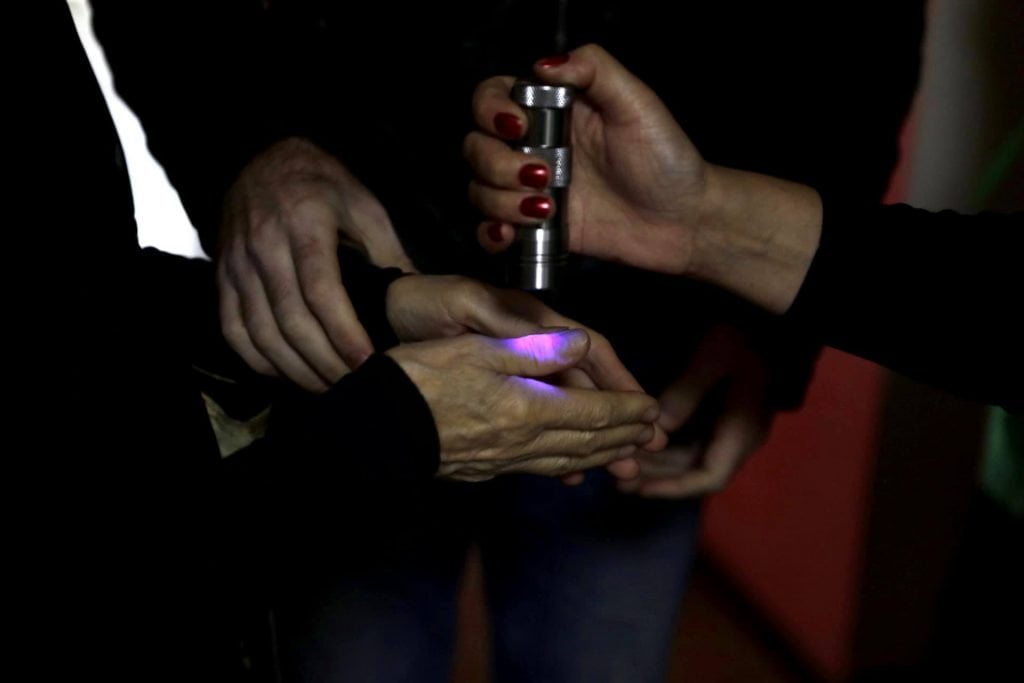Elections observers of the OSCE/ODIHR, Council of Europe Congress of Local and Regional Authorities and the European Parliament said today October 2 local polls were competitive and technically well administered, but marred by widespread allegations of electoral violations, vote-buying, and an unlevel playing field.
Besides these, allegations of misuse of administrative resources, intimidation and pressure, raised concerns about voters’ ability to cast their vote “free of fear of retribution, at odds with OSCE commitments and international standards,” said preliminary conclusions released by the joint observation mission.”
Election Day
The international observers said the Election day went on transparently and orderly, but pointed out that “pervasive misuse of citizen observers as party representatives, at times interfering with the process, and groups of individuals potentially influencing voters outside some polling stations were of concern.”
The delegation also highlighted that there were “some isolated violent incidents during the day.”
The mission assessed counting as “transparent but affected by procedural errors and difficulties in
filling in protocols in a significant number of polling stations observed.”
Pre-election period
The international observers highlighted voters had “a broad choice” among mayoral, majoritarian and proportional candidates in the local polls, but highlighted that many of the opposition candidates had also dropped out ahead of the elections, with a number of them “reportedly under pressure from the authorities.”
Another issue the observers highlighted as a concern were cases of intimidation and violence against journalists, noting the “lack of swift and thorough investigation of these cases raised concerns about the ability of media to function in a safe and secure environment.”
The joint mission noted the election campaign was subdued but competitive, “overall calm,” but not without cases of violence, verbal and physical confrontations and aggressive rhetoric “particularly on social networks.”
‘Uneven playing field’
The observation mission also stressed that the recent announcement of a number of projects by the government was not in line “with the spirit of the law,” which prohibits launching new economic and social projects after votes are called, despite the authorities claiming the initiatives were adopted before the call.
This issue, together with the “involvement of senior state officials in the campaign gave the ruling [Georgian Dream] party an undue advantage of the incumbency,” the international observers stressed. Still, they said allegations of electoral malpractice from both the ruling party and the opposition were observed.
“Significant imbalances in the campaign finances and resources contributed to the unlevel playing field,” the observers added. They also pointed out that a number of OSCE/ODIHR and Council of Europe Group of States against Corruption recommendations on transparency of campaign finances remain unaddressed.
The international observers stressed that despite acting within the law, the State Audit Office released conclusions on its two interim reports on all contestants’ finances just a day before the elections, “diminishing transparency.” They also voiced concern over the Audit Office not having “investigative powers or sufficient resources to identify unreported income and expenditure.”
Remarks by mission heads
“These elections saw a large range of candidates campaigning freely and many diverse views. They were also run transparently and professionally,” said Albert Jónsson, Head of ODIHR mission. “However, an increasingly aggressive political discourse, and even cases of physical violence was of deep concern. Widespread and consistent claims of violations need to be thoroughly investigated by the authorities.”
David Eray, Head of the CoE Congress Delegation said: “The election was a missed opportunity for local democracy in Georgia. It became, in fact, a referendum on the national government and overshadowed local issues, which is regrettable.” He added that “the situation of women in local politics remains an issue in Georgia, despite recent legislative amendments.”
“The pre-electoral environment, however competitive, did not provide a level playing field for the contesting parties and candidates,” said MEP Michael Gahler (EPP, Germany), Head of European Parliament mission, calling on the authorities to “investigate robustly” reported election violations.
This article was updated.
This post is also available in: ქართული (Georgian) Русский (Russian)

